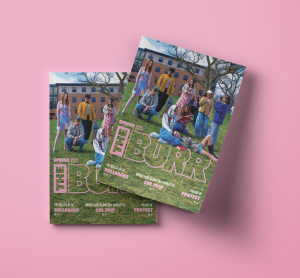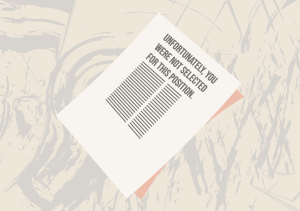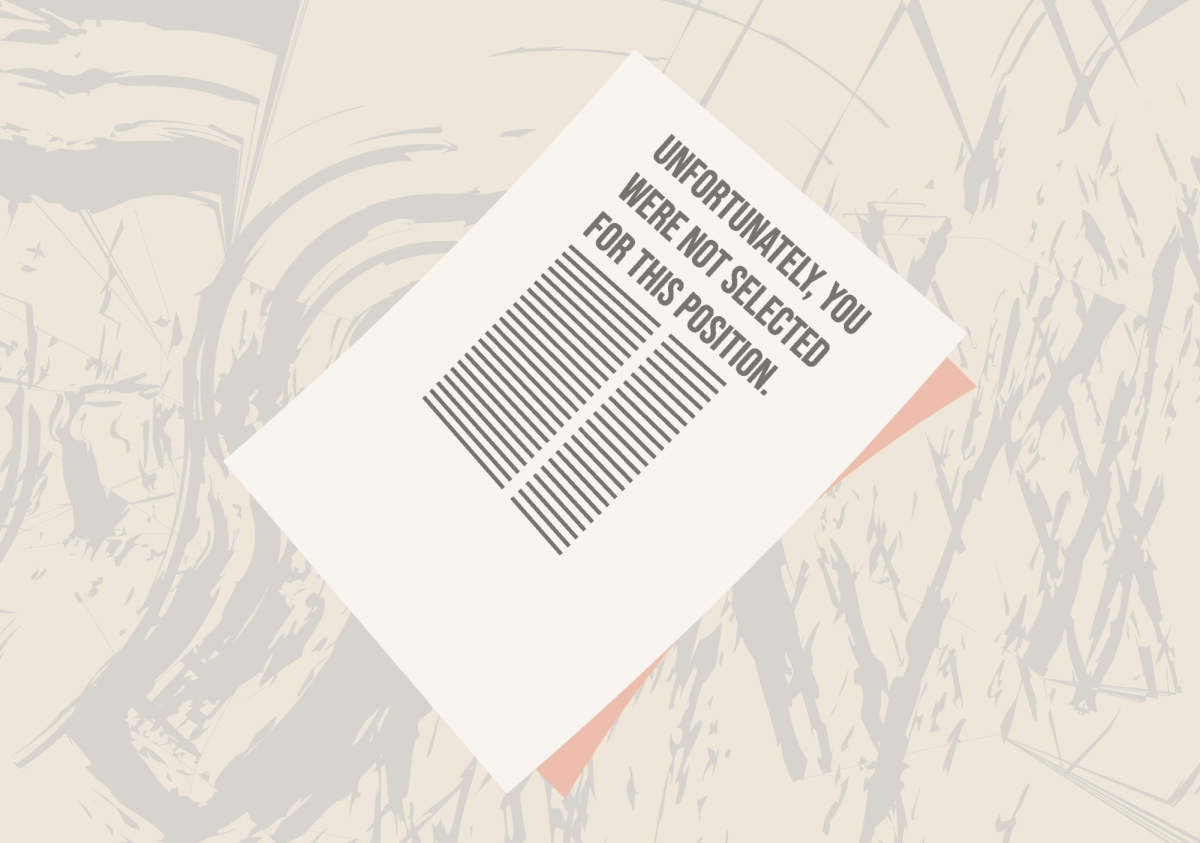Illustration by Elliot Burr
Photographs by Marisa DeRoma
With the rise of the Internet and social media, it is easier than ever to research before making a purchase. There are thousands of options to consider before even delving into Google searches. This knowledge makes it both easier and harder than ever to shop.
Sustainability has been a hot topic for several years now, especially when human rights and environmental issues are never far from our minds or Twitter feeds. Many consumers are doing everything they can to make their shopping habits reflect ethics, so why is it so hard to do?
Environmental and Ethical Issues
Fast fashion is the practice of using quick and cheap labor to produce low quality but inexpensive apparel. The name usually prompts us to think of sites like Shein and Zaful that sell clothes for a few dollars each, but some familiar mall stores like Forever 21 and PacSun use the same methods. The main benefit of this business approach is that brands can design, produce and merchandise new apparel in a matter of weeks. Because of this, it is possible to design on-trend products and turn them into profit quickly. Sydney Townsend, president of student organization Sustainable Living at Kent, says this has impacted our culture negatively.

“Fast fashion is detrimental to the world,” Townsend says. “It has caused a false sense of normalization of getting cheaply made overproduced clothes without ethical backing. In other words, people keep consuming clothes where they are worn once or twice and then thrown away. Meanwhile, these clothes are made by underpaid workers and have detrimental effects on the environment.”
The quick and low-cost nature of fast fashion is only possible with the exploitation of workers and resources. Companies outsource their labor to countries like Bangladesh and India, where they can pay workers a fraction of what American employees would earn. Research from the New York University Stern Center for Business and Human Rights states that Ethiopian garment workers make as little as 26 dollars a month. The waste and pollution from apparel and textile production is also harmful to our planet. According to the United Nations Environment Programme, the apparel industry is so detrimental to the environment that it accounts for 10 percent of global carbon emissions.
COVID-19’s Impact
Since the pandemic caused mass shut-downs in March, countless brands cancelled their orders at garment factories. This leaves the factories and specifically their workers to accrue the cost of the production. The viral #PayUp Campaign has led to many brands making public promises to pay their workers, including ASOS, Lululemon, Athletica and Nike. Brands like Urban Outfitters, Walmart and Kohl’s ignored public outcry against their unethical decision. The complete list is on the Worker Rights Consortium’s website.

More and more consumers are choosing to cut ties with fast fashion, because they do not want to contribute to the damage it does. The next logical option would be to choose a higher-end brand that works hard to create expensive or more luxurious products, because surely they pay their workers more. However, designers like Oscar de la Renta, Balmain and Moschino were on the very same list as Walmart and Zara.
Coronavirus has caused a multitude of problems, and brands’ solutions will make or break them. Consumer behavior has been trending toward sustainability for the last decade, and a pandemic was the final push. Many customers are shopping more deliberately with less funds, and most of these customers want to know their products were made sustainably.
“COVID has allowed people to research and take accountability for many things in everyone’s lives,” Townsend says. “It has allowed us to slow down and think about what we are consuming and why.”
Sustainable Alternatives
Today, there are more sustainable brands than ever to support. Reformation, Everlane and People Tree are just a few of the many choices consumers have now. These brands combine Fair Trade certifications, ethically-obtained fabrics, hand-picked factories and many other methods to ensure their clothing is sustainable. However, paying higher wages to produce an item means it must be sold for a higher price too. This makes being able to afford sustainable fashion a luxury that many do not have.

Another alternative is purchasing secondhand clothing, either through a thrift store or an online reselling app like Depop. This means that consumers do not contribute to a company that hurts the environment or its garment workers, all while preventing more clothes from ending up in a landfill. However secondhand shopping is not 100 percent ethical either; the gentrification of thrift stores has become a problem in the last decade. An article in The State Press compared Goodwill clothing evaluation guides, determining that prices increased since 2010 based on the maximum amount a customer would be willing to pay or how much it would retail elsewhere.
Companies like Goodwill are also facing allegations of hostile work conditions.
With the Internet at our fingertips, it is easy to feel bombarded with facts. No matter how you shop, there seem to be downsides. Fortunately, there are resources available to help students grow in their sustainability journeys.
“Sustainable Living at Kent is a club that started to help students become more mindful about the everyday things we don’t think about that we could be more sustainable with,” Townsend says. “We have many presentations and events throughout the year that are fun and will make you believe more in your everyday life about sustainability.”
There is one universal truth: there is no perfection in sustainability, because it is not possible. The key to sustainable living is moderation. Shop less, wear the items you own more and do what you can to reduce your impact on the garment industry.


















